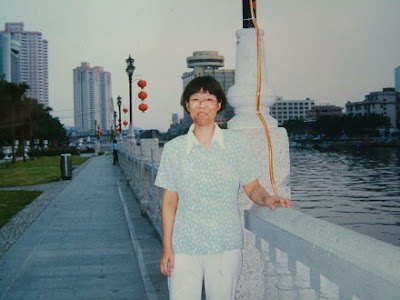Najib will be no different from Dr M
Articulating a widely held view that the impending departure of Datuk Seri Abdullah Badawi next March has already seen a return of "Mahathirism," she said the new administration will bear many similiarities with that of Dr Mahathir's.
She expected more arrests under the Internal Security Act (ISA), more corruption and the continued erosion of public institutions, all of which she said were the hallmark of the Mahathir era.
"The transition plan between the prime minister and his deputy will not bring any positive changes to the damage done to the judiciary, the police, the Anti-Corruption Agency and parliament," she said.
Meanwhile, opposition leader Anwar Ibrahim assured supporters that he was still determined to unseat the government, which foiled his bid to seize power more than two months ago.
Political observers say it remains unclear whether Anwar ever had sufficient support to oust Prime Minister Abdullah Ahmad Badawi's administration, which rejected Anwar's demands in September to discuss a voluntary power transfer or to call a special Parliament session to hold a vote on confidence in Abdullah's leadership.
Anwar reiterated his pledge to implement fair economic and social policies if the opposition takes power, but he did not set any new deadline. Malaysia's next general elections are scheduled to be held in 2013.
"We promised change ... but the change has not yet been achieved," the former deputy prime minister said. "Our future is bright."





































